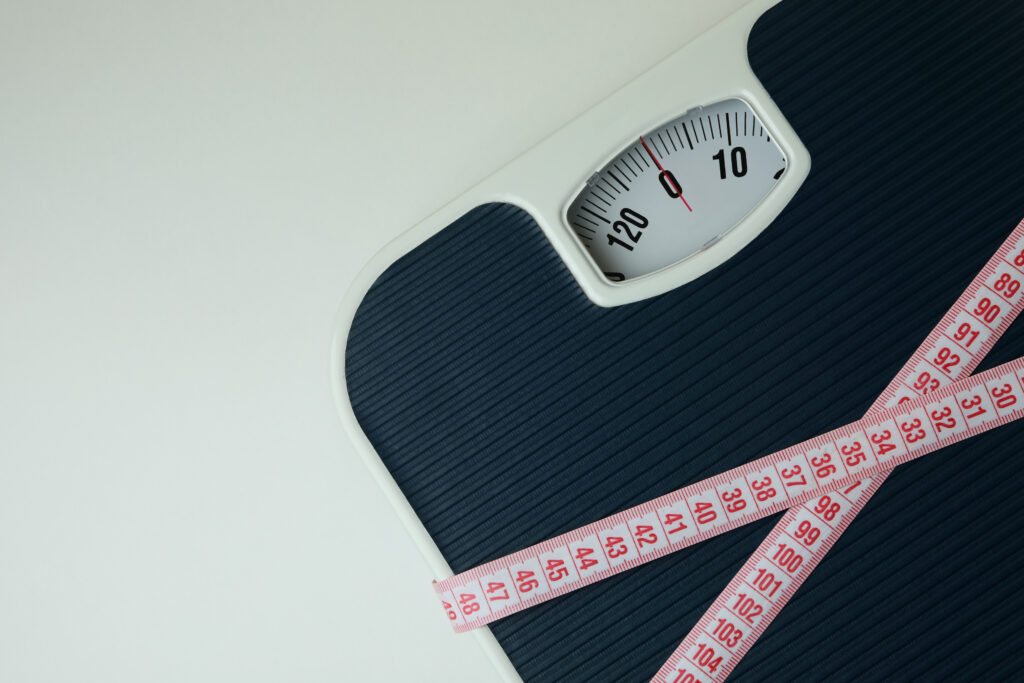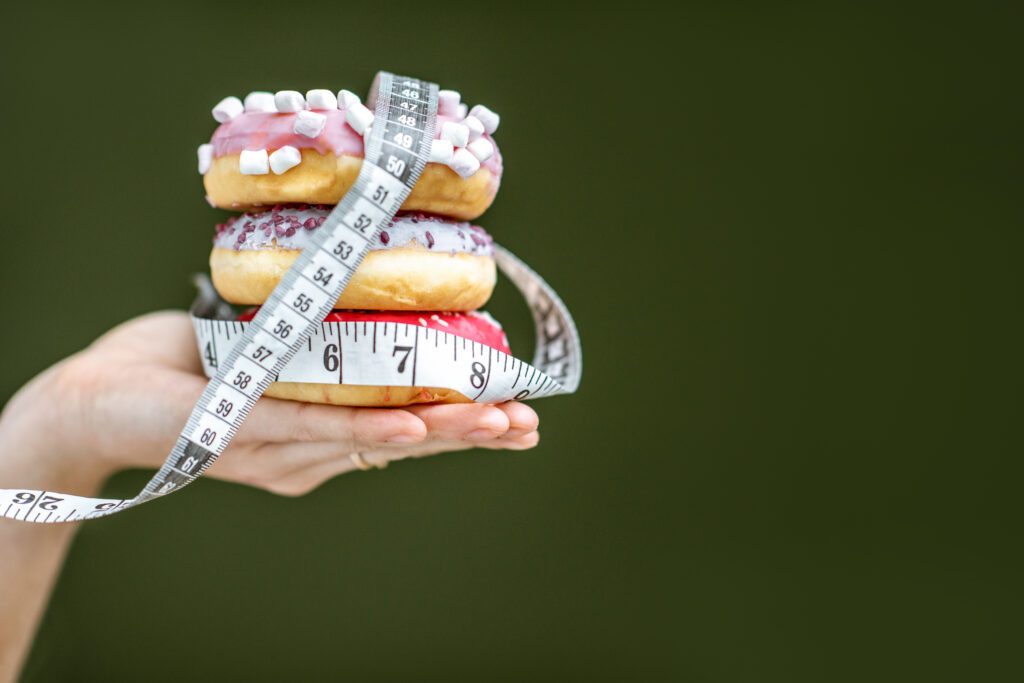The Problem With Diet Culture – Breaking The Habit
Life on a perpetual diet? It’s like a never-ending episode of ‘Survivor: Fridge Edition.’ You’re constantly planning your next meal, making alliances with salad, and plotting against the evil temptations in your pantry. If only dieting burned as many calories as plotting to cheat on your diet does, we’d all be supermodels by now.
Diet culture is like a relentless salesperson trying to convince us that happiness and health come in a ‘one-size-fits-all’ package. It’s a pervasive societal obsession with weight loss, thinness, and restrictive eating, often fueled by unrealistic beauty standards. But beneath the glossy promises lie a multitude of dangers, from negative body image and unhealthy relationships with food to social isolation and wasted time. It’s time to break free from the diet culture’s grip and embrace a more balanced and compassionate approach to health and well-being.
In this article, we’ll explore the dangers of diet culture and the need to break free from diet culture’s toxic grip.
The Dangers Of Diet Culture
1. Negative Body Image:
Diet culture often equates thinness with worth and beauty. As a result, it fosters negative body image issues, leading individuals to feel dissatisfied with their bodies and constantly striving for unattainable ideals. This dissatisfaction can have severe consequences on mental health, including depression, anxiety, and low self-esteem.
2. Unhealthy Relationship with Food:
Diet culture promotes restrictive eating patterns, labeling certain foods as “good” or “bad.” This black-and-white thinking can lead to an unhealthy relationship with food, fostering guilt, shame, and an obsession with counting calories or macros. These behaviors can contribute to the development of eating disorders, such as anorexia nervosa and bulimia.
3. Yo-Yo Dieting and Metabolic Damage:
Many diets within diet culture promise quick fixes and rapid weight loss. However, these short-term solutions often lead to yo-yo dieting, where individuals lose weight only to regain it shortly afterward. This cycle can damage the metabolism and make it increasingly challenging to maintain a healthy weight in the long term.
FACT
98% OF DIETS FAIL
4. Nutrient Deficiencies:
Extreme dieting and restrictive eating plans can deprive the body of essential nutrients. Deficiencies in vitamins, minerals, and macronutrients can result in fatigue, weakened immune function, hair and skin problems, and a host of other health issues.
5. Social Isolation:
Diet culture can isolate individuals from social gatherings and activities centered around food. The fear of “cheating” on a diet or consuming “forbidden” foods can lead to avoidance of social events, affecting relationships and overall well-being.
6. Eroding Trust in Hunger and Fullness:
Constant dieting can cause individuals to lose touch with their body’s natural hunger and fullness cues. Instead of listening to their bodies, they rely on external rules and calorie counts, leading to unhealthy eating patterns and disconnection from their bodies’ needs.
FACT
The average dress size of women in the UK in 2022 was a size 16!
7. Waste of Time and Money:
Diets and weight loss products are often expensive and time-consuming. Many people invest significant resources in pursuing diets that ultimately prove ineffective or even detrimental to their health.
8. Perpetuates Discrimination:
Diet culture often stigmatizes and discriminates against individuals based on their body size or shape. This not only harms the self-esteem of those affected but also contributes to systemic issues like weight bias and discrimination.

Breaking Free from Diet Culture
It’s crucial to recognize the dangers of diet culture and make a conscious effort to break free from its harmful influence. Here are some steps to consider:
1. Cultivate Self-Compassion: Practice self-compassion by treating yourself with kindness and understanding. Embrace your body and its unique qualities.
FACT
The Cabbage Soup diet was created in 1950
2. Reject Unrealistic Ideals: Challenge the unrealistic beauty standards perpetuated by diet culture. Understand that beauty comes in various shapes, sizes, and forms.
3. Focus on Health, Not Weight: Shift your focus from weight loss to overall health and well-being. Prioritize nourishing your body with balanced, wholesome foods and engaging in enjoyable physical activities.
4. Seek Support: If you’re struggling with disordered eating patterns or negative body image, seek support from healthcare professionals, therapists, or support groups specializing in eating disorders and body image issues.
5. Educate Yourself: Learn about intuitive eating, a holistic approach to eating that encourages you to listen to your body’s cues and foster a healthier relationship with food.
Diet culture’s dangers are far-reaching, affecting both physical and mental health while perpetuating harmful societal norms. Breaking free from diet culture involves embracing self-acceptance, rejecting unrealistic ideals, and prioritizing holistic health over weight loss. It’s time to shift our focus from diets and restriction to self-care and self-love, fostering a culture that celebrates all bodies and promotes well-being for everyone.








